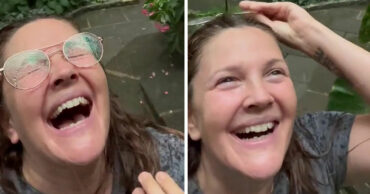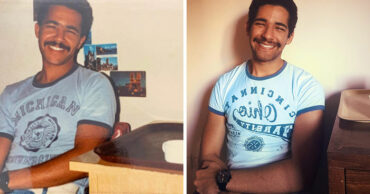Ever since the MCU started all the way back in 2008, it’s been growing bigger and more complex with each new release. Infinity Stones. Time Travel. Multiverses. Incursions. The MCU has finally run into the same problem that plagues its comic counterpart: sheer, mind-boggling convolutedness. Keeping up is difficult for even the most devoted fan, let alone a curious newcomer. The total MCU watch time is currently over 100+ hours long, and that does not even include all the X-Men movies, Netflix shows, and Sony Spider-Man movies that are now canon, thanks to the whole multiverse saga. So how can Marvel attract and retain more viewers without overwhelming them with MCU lore?
Marvel’s solution to this was the introduction of the Spotlight banner — a label meant for projects that do not require any previous MCU watching. And the first show Marvel chose to kickstart the new banner was Echo. Just like comics fans didn’t need to read Avengers or Fantastic Four to enjoy a Ghost Rider Spotlight comic, the idea was that viewers would not need to have seen other Marvel films or shows to understand what’s happening in Maya’s story. But did Echo do right by the Spotlight banner? Did it succeed as the first standalone show in the MCU? Let’s find out.
‘Echo’ Still Relies Heavily on Past MCU Events
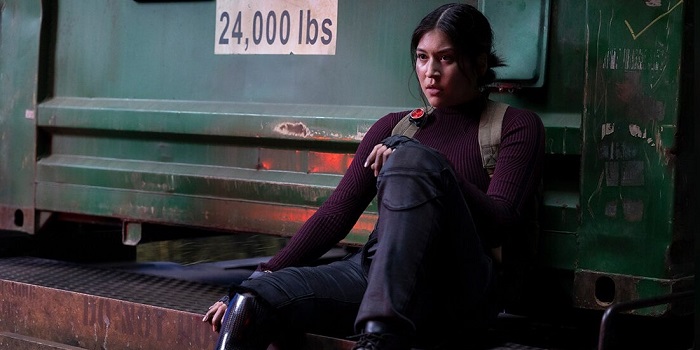
Echo was meant to be a standalone series, but right out the gate, it’s weighed down by the very narrative baggage it was meant to overcome. It heavily relies on past MCU events, especially those involving Hawkeye and Daredevil. Echo’s protagonist, Maya Lopez (Alaqua Cox), is a character who was introduced in Hawkeye and whose motivation is largely driven by the events of the Hawkeye finale, where she shot her uncle, Wilson Fisk (Vincent D’Onofrio). Fisk is also a major villain in the Daredevil Netflix series, where the character has a well-established history.
Echo tries its best to catch newcomers up with all this history in the first episode. But this catch-up sequence takes up 28 minutes of the 51-minute-long episode. What makes it even worse is the fact that all of it is either rehashed footage from Hawkeye or boring new scenes filled with clunky, expository dialogue. It’s like a drawn-out “previously on” segment. For fans, it’s an infuriating recap. For newcomers, it’s a jarring introduction.
And the worst part is that this isn’t even something new that Marvel did for the Spotlight banner. MCU has been using such recap segments for most of its new releases. Guardians of the Galaxy Vol. 3 had the hilarious elevator scene where Peter Quill (Chris Pratt) explains what went down in Avengers: Endgame and why Gamora (Zoe Saldana) is different from the one we left off in Guardians of the Galaxy Vol. 2. Ant-Man and the Wasp: Quantumania opened with Scott (Paul Rudd) explaining his entire life story in the form of a book reading. But unlike those instances, which often integrate organically or play for laughs, Echo’s feels forced.
‘Echo’ Had Mixed Reviews
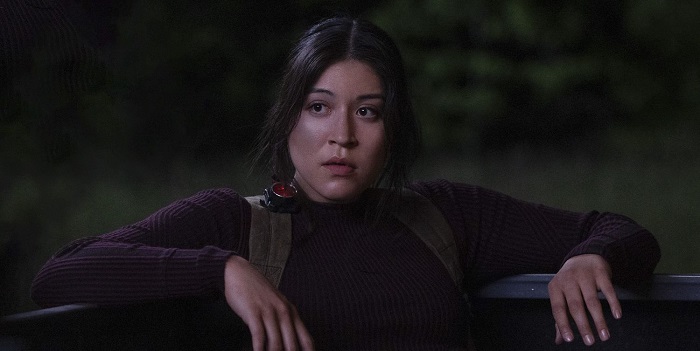
Echo was very polarizing. Some praised its diverse representation and intense fight choreography, while others called it another “mid” entry in the MCU’s underwhelming Multiverse Saga. One of the main complaints about Echo was that it altered Maya’s abilities from the comics, where she could mimic her enemies’ moves and skills, hence the name Echo. In the show, she’s able to channel her ancestry and gets glowy hands that can incapacitate anyone with a single touch. Some fans felt that this was an unnecessary change and did not fit with the grounded and realistic tone of the show.
Another major criticism of Echo was the mischaracterization of Wilson Fisk. Gone was the ruthless, calculating mastermind of the Daredevil series. In Echo, he was weak, gullible, and pining like a little puppy for someone who clearly despised him. He desperately tried to win Maya’s approval despite the fact that she shot him in the face! Kingpin would never do that. And he’s defeated by Maya entering his mind and speaking to him like a misbehaving child. While it was a great decision to avoid the final act CGI battle, it was still horrible character assassination.
Marvel’s Handling of ‘Echo’ May Harm Future Spotlight Projects
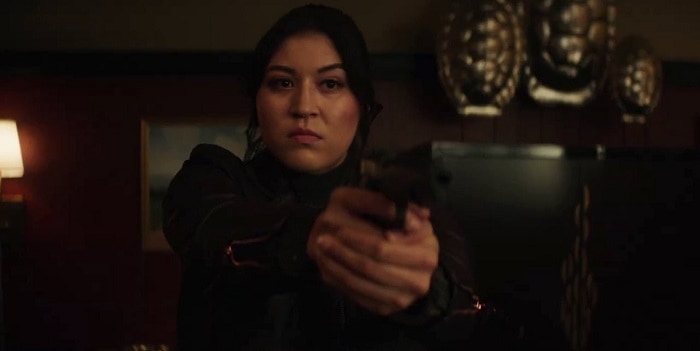
Marvel made no effort whatsoever to try to hide the fact that they had absolutely no belief in Echo. First off, they released the show in January, which is known as the Dump Month in Hollywood, where studios dump their runt of the litter — low-quality films and shows that they do not expect to perform well. They also reduced the number of episodes from the usual six to only five, implying that they wanted to end the series as quickly as possible.
But the nail in the coffin was the binge-drop strategy. You see, Disney+ was built on the weekly release model in competition to Netflix’s binge-drop strategy. Disney argued that shows dropped on a Friday were forgotten by Wednesday, which was unfair to the showrunners and the cast. But then, Marvel announced that they’d be releasing all five episodes of Echo at once. This was a huge slap in the face to the cast and crew that worked on Echo. It felt like Marvel wanted to bury the show and move on to other projects as soon as possible. This sets a dangerous precedent for future Marvel Spotlight properties. Is Spotlight just going to be a dump label where they release all of their shows that they have no faith in? Marvel Spotlight is supposed to showcase more independent stories that do not rely on the larger MCU continuity. But, by treating Echo as a side-project, Marvel Studios may have given the impression that these stories are not worth watching. Here’s everything you should know about the series.
 Follow Us
Follow Us
